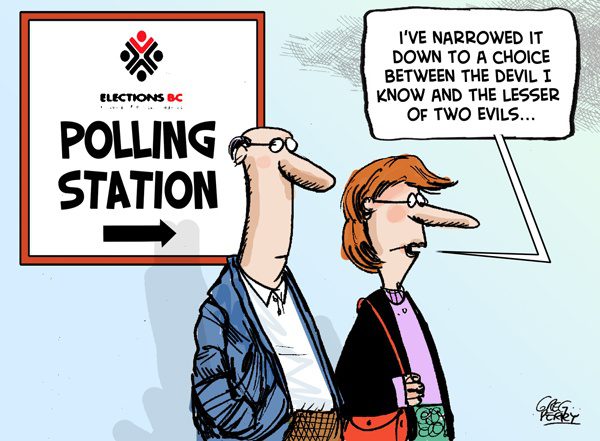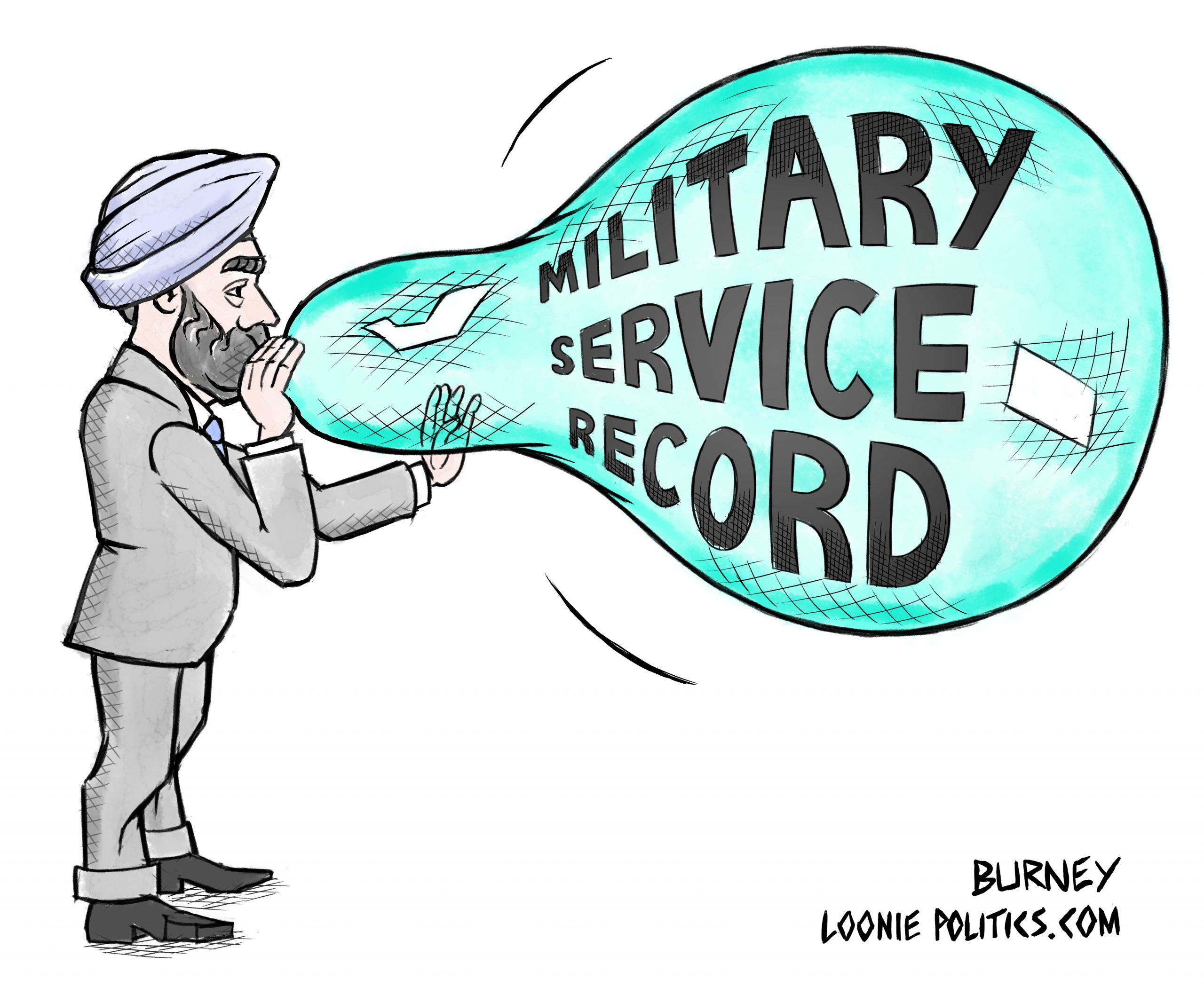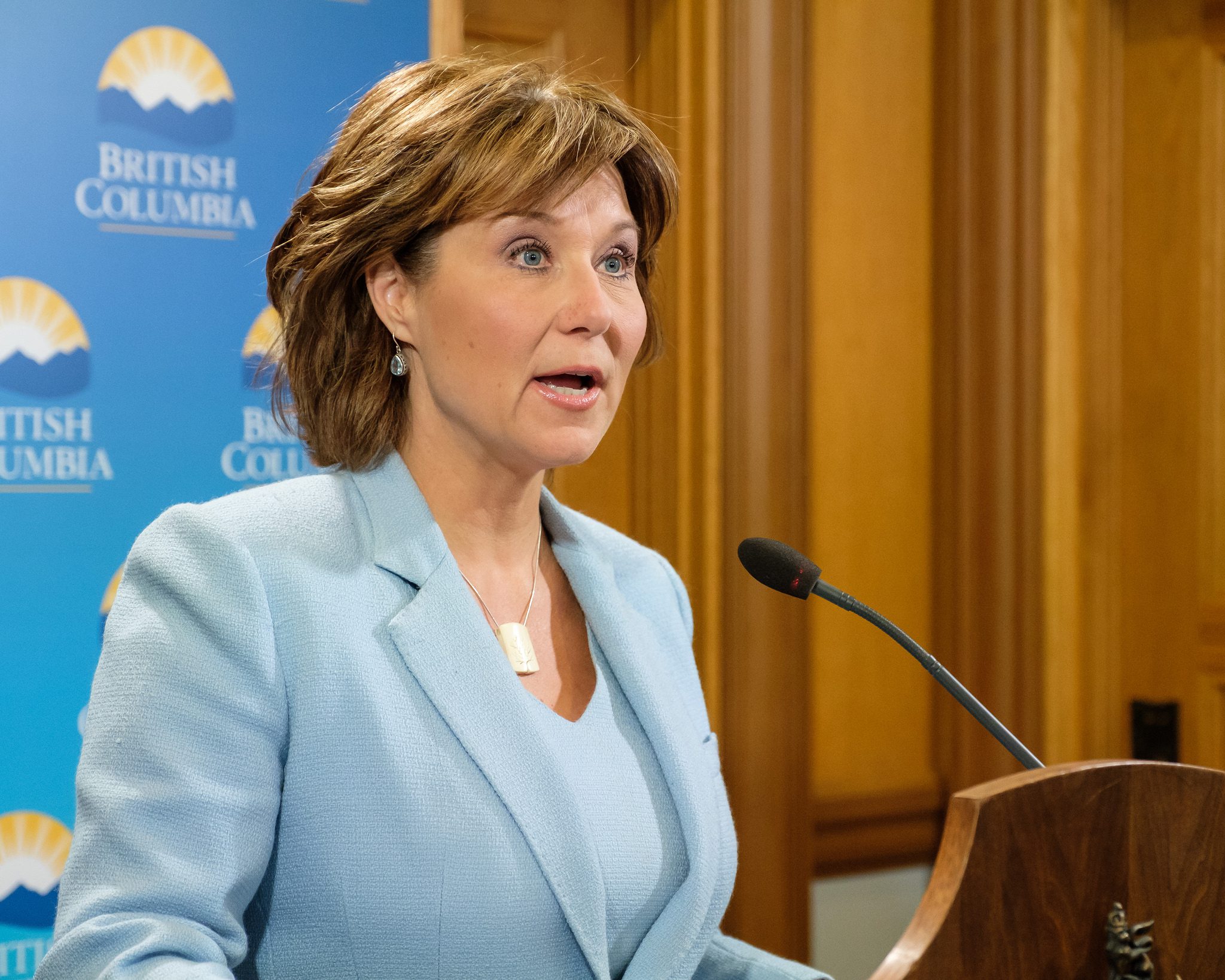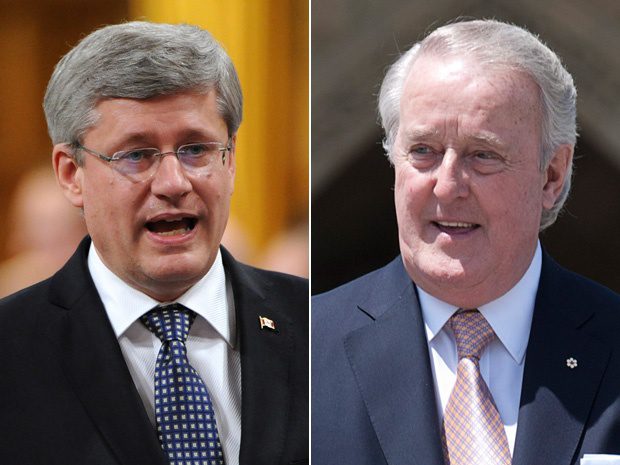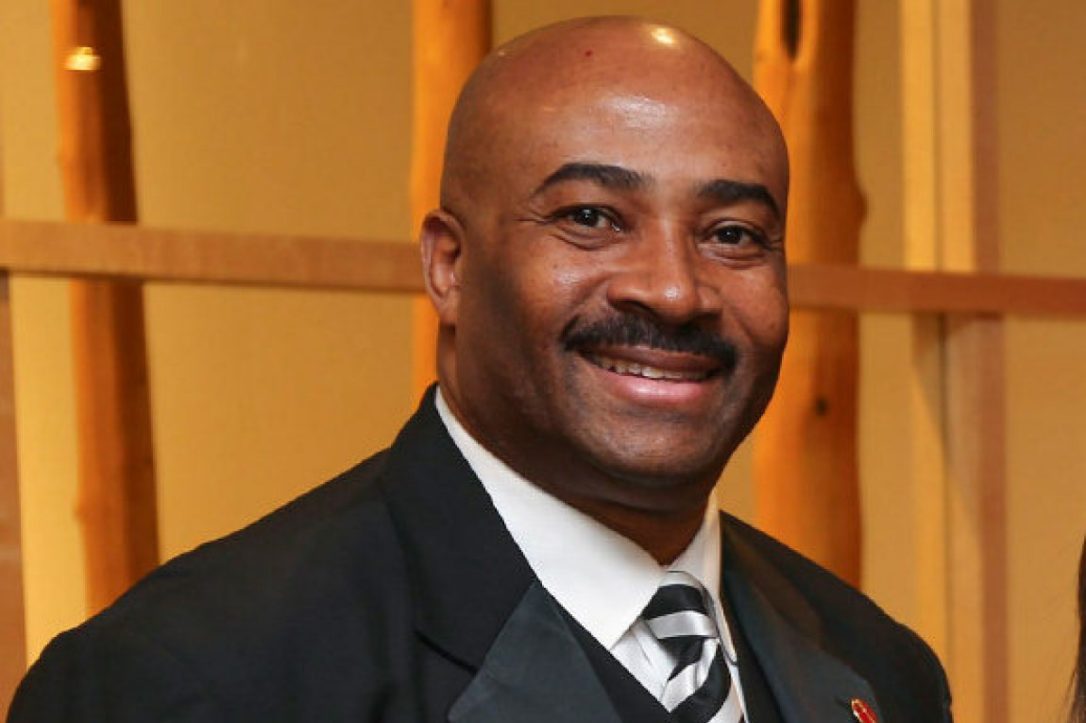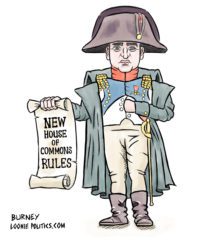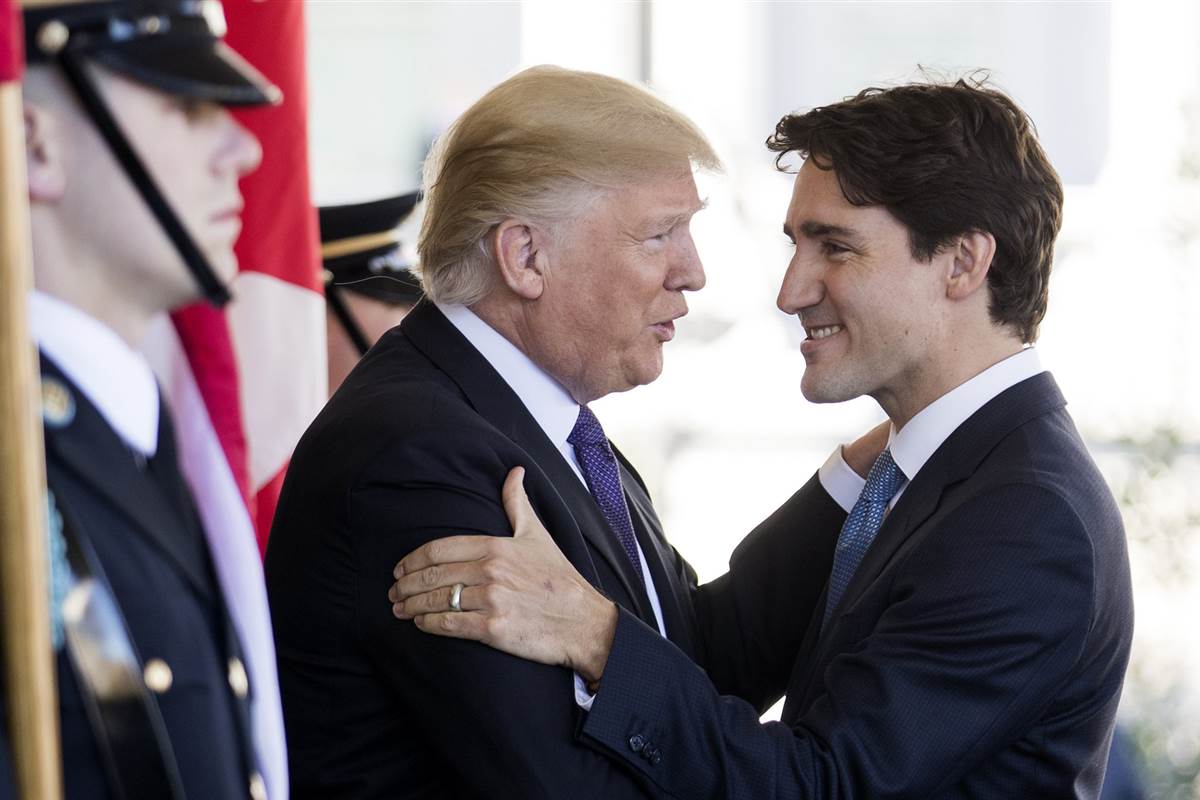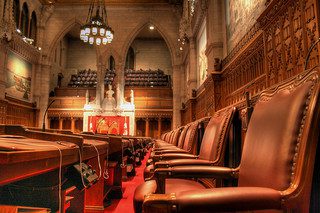It was an unexpected outcome, or maybe not. The deep political polarization of British Columbia has been obvious for quite a while, as has the unflattering fact that this polarization is based more around blunt cleavages of geography, class, and culture than policies or ideas. The parliamentary weirdness that will result from last night's election, which yielded a virtual tie between the ruling Liberals and opposition NDP with the Green Party holding the balance of power, is the price the province must pay for practicing this sort of politics for far too long.
The BC NDP is a party that has to answer serious questions about its persistent inability to close the sale with voters, even in circumstances where a large majority of British Columbians say they want to see the Liberals out of power and Premier Christy Clark's approval rating is continuously mired in the low-30s.
John Horgan has been boss of the BC NDP for three full years, yet I question how many British Columbians learned anything meaningful about the man during this time. He obtained his job by acclamation and seemed to assume he could become premier by default as well, hiding in the shadows until election time, when a quick, pleasant introduction was clearly insufficient to overcome the deep, persistent apprehension many voters still have about his party. The NDP's 39-point-something share of the popular vote marks no meaningful improvement over their 39-point-something share in 2011, and is actually worse than the 42% they won in their unsuccessful 2009 campaign.
Horgan's anonymity came in marked contrast to the Green leader, Andrew Weaver, who had become a compelling provincial figure in the aftermath of his 2013 breakthrough as the province's first Green MLA. Much of this was doubtless due to the refreshing fact that Dr. Weaver, an acclaimed meteorologist and mathematician, had spent the majority of his life devoted to something other than partisan hackery — in contrast to the Liberal and NDP heads. His leadership clearly helped make his small party more credible, and raise its share of the vote from 8% to 16.
Yet he's also a man easy to overpraise. Despite its best-ever vote share and tally of MLAs (3), the party remains disliked by over 80% of BC voters, with it's most dedicated support concentrated in the southeast corner of Vancouver Island — basically Greater Elizabeth May's Riding — which has now evolved its own distinct two-party system pitting Greens against New Democrats in competitions of far-left flakiness.
Though the NDP likes to blame Greens for splitting the opposition vote and boosting the Liberals, the increased Green showing did little to prevent the New Democrats from sweeping most of its favorable soil last night, painting basically all of Greater Vancouver orange and securing all but four of the island's seats. Yet once you travel beyond Abbotsford, and enter BC's more rural interior, you join a completely new political reality where the NDP is vastly less competitive and Liberal candidates rack up hearty majorities akin to what the NDP pulls in deepest downtown.
This suggests the NDP's two-pronged approach of stoking urbanite class anxiety — worries about condo prices and resentment of the wealth and power of the Point Grey-and-Shaughnessy set — coupled with endless promises to make life cushier for public sector office workers, may not transfer well to parts of the province where housing is far more affordable and economic realities are defined by decidedly different professions and industries.
The Liberal Party is equally urbanite in other ways — captive to the thrall of trendy elite preoccupations like carbon taxes, safe injection sites, high heel shoe bans, righteous indignation against Donald Trump, etc. — yet its stance on the natural resource sector may be its secret weapon outside the cities.
The Toronto Star's Chantal Hebert accurately observed the other day that Premier Clark's approach of making oil and gas projects subject to onerous regulation, taxation, and aboriginal consultation, while still being theoretically open-minded to their eventual approval, isn't much different from Justin Trudeau or Rachel Notley, but is sharply different from the BC NDP, who continue to prefer offering flat "nos" to appease their urban base, for whom natural resources are just an abstract bad to demagogue against.
Yet clearly there is a market for such demagoguery, and the fact that Clark's Liberals have eked out a two-seat (or perhaps less, depending on how the recounts go) minority government doesn't mask the fact that her party is not much less stagnant than its opposition. The role that public sector unions play in propagandizing their urban and suburban employees against the Liberals and towards the BC NDP, as well as the entrenched influence of a host of NDP-aligned, union-funded Vancouver-based media outlets, think tanks, and activist groups, probably represents a hill as hard to climb for the Liberals in the lower mainland as the NDP's is in the interior.
The reality of British Columbian politics is a world of three solitudes that are not particularly deep or impressive, animated by narrow self-interest more than any philosophy or principle with transferable appeal.
The province now sits at a stalemate between representatives of its most regressive parts. Though the parliamentary machinations to follow could herald a historic, precedent-shattering era for Canadian politics, they reflect poorly on the smallness of our time.
Photo Credit: The Tyee
Written by J.J. McCullough



